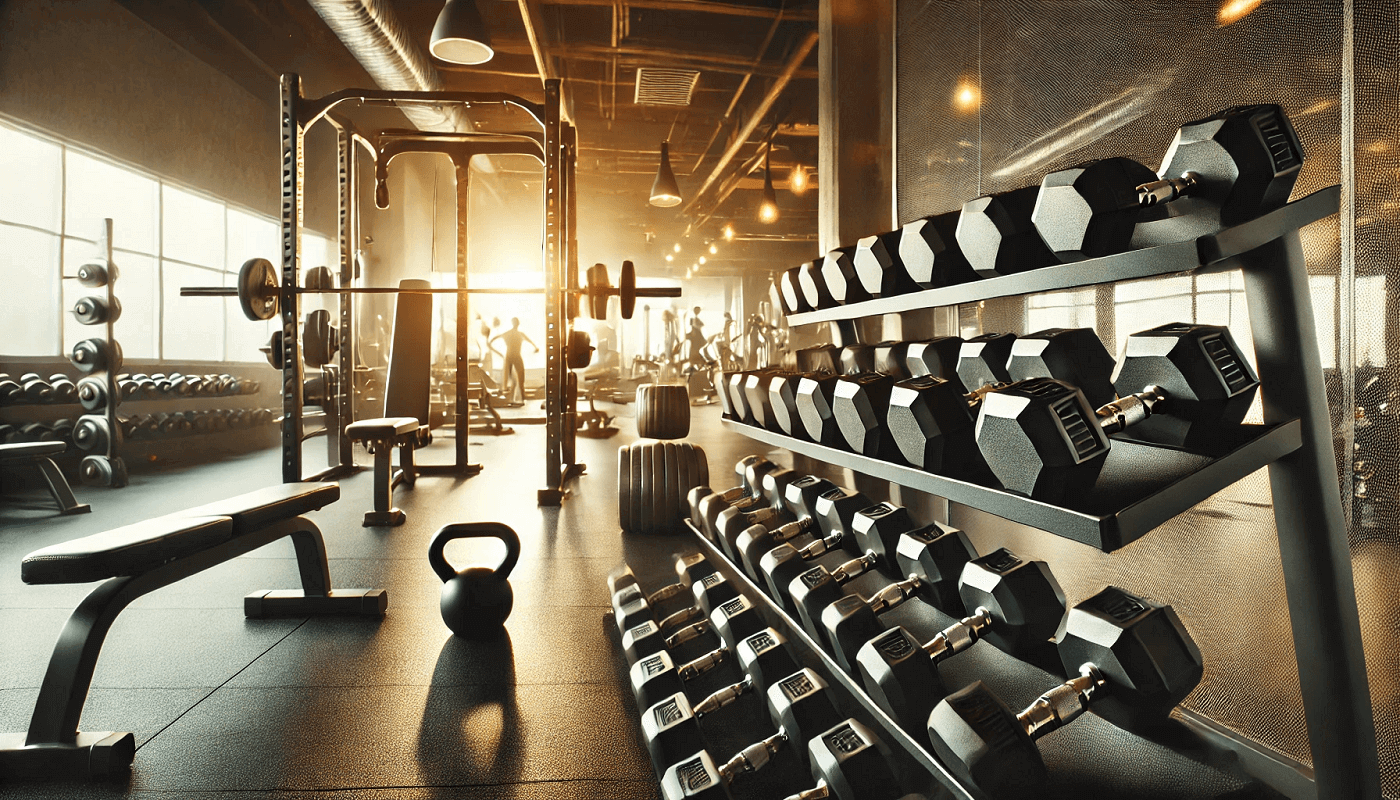Muscular strength is the ability of your muscles to use force during activities. It plays an important role in daily life, helping with tasks such as lifting objects, climbing stairs, and maintaining good posture. In this article, we’ll look at different exercises and nutrition tips to help you improve your muscular strength. We’ll also discuss the importance of hydration, mental health, and sleep in supporting your muscle-building efforts.
What is Muscular Strength?
Muscular strength is the force a muscle or group of muscles can create. It’s an important part of overall fitness and is important for doing daily tasks well.
There are different types of muscular strength:
- Endurance: The ability of muscles to keep working without getting tired.
- Power: The ability to use force quickly, which is important for activities such as sprinting or lifting heavy weights.
Muscular strength is important for:
- Daily Activities: Makes tasks like carrying groceries or moving furniture easier.
- Fitness: Enhances performance in sports and exercise routines.
- Health: Helps maintain healthy bones and joints, reducing the risk of injuries.
Key Muscular Strength Exercises
Building muscular strength needs a mix of different exercises. Here are some effective ones:
Dumbbell Exercises
Dumbbells can be used for many exercises. Some key dumbbell exercises include:
- Bicep Curls: Good for building arm strength.
- Shoulder Press: Works the shoulders and upper arms.
- Chest Press: Works the chest, shoulders, and triceps.
- Tricep Extensions: Works the triceps.
- Lunges: Strengthens the legs and glutes.
Bodyweight Exercises
Bodyweight exercises are easy to do anywhere. Some effective bodyweight exercises are:
- Push-Ups: Strengthen the chest, shoulders, and arms.
- Squats: Work the legs and glutes.
- Planks: Build core strength and balance.
- Pull-Ups: Work the back, shoulders, and arms.
- Dips: Work the triceps and chest.
Compound Movements
Compound movements use many muscle groups and are very good for building strength. Some key compound movements include:
- Deadlifts: Work the back, legs, and core.
- Bench Press: Works the chest, shoulders, and triceps.
- Squats: Work the legs, glutes, and core.
- Rows: Build the back and biceps.
- Overhead Press: Work the shoulders and upper arms.
Build Muscle Lose Fat: Effective Strategies
Building muscle and losing fat are interconnected goals that can be achieved with the right strategies. Here’s how:
Strength Training and Cardio: Combining strength training with cardio is effective for building muscle and burning fat. Strength training helps build muscle mass, while cardio aids in burning calories.
- Include strength training exercises at least 3 times a week.
- Incorporate cardio workouts like running, cycling, or swimming.
- Try high-intensity interval training (HIIT) for a combination of strength and cardio benefits.
Balanced Diet: A balanced diet is crucial for muscle building and fat loss.
- Consume a mix of proteins, carbohydrates, and healthy fats.
- Focus on whole foods like lean meats, vegetables, fruits, and whole grains.
- Avoid processed foods and sugary drinks.
- Stay hydrated by drinking plenty of water.
By following these strategies, you can effectively build muscle and lose fat, leading to better overall fitness and health. For more tips, check out our guide on getting strong or looking shredded.
Protein for Muscle Gain
Protein is essential for building muscle. It helps repair and grow muscle fibers after workouts. If you want to see muscle gains, you need to include enough protein in your diet.
Recommended Daily Intake of Protein
The amount of protein you need can depend on your activity level and fitness goals. Generally, aim for:
- 0.8 grams of protein per kilogram of body weight for a sedentary person.
- 1.2 to 2.0 grams of protein per kilogram of body weight for active individuals and those looking to build muscle.
Best Sources of Protein
There are many great sources of protein. Here are some options:
- Lean meats like chicken, turkey, and beef.
- Fish and seafood.
- Eggs and dairy products like milk, cheese, and yogurt.
- Plant-based options such as beans, lentils, tofu, and quinoa.
- Protein supplements like whey or plant-based protein powder.
Hydration, Mental Health, and Sleep for Muscular Strength
The Role of Hydration
Staying hydrated is crucial for muscle function and overall performance. Dehydration can lead to muscle cramps and fatigue. To stay properly hydrated:
- Drink water regularly throughout the day.
- Aim for at least 8 cups of water daily, more if you are active.
- Consider sports drinks during intense workouts to replenish electrolytes.
For more information, check out this Sports and Hydration for Athletes: Q&A with a Dietitian.
Mental Health and Exercise
Regular exercise is not only good for your body but also for your mind. It can help reduce stress, anxiety, and depression. Good mental health can boost your motivation and consistency in workouts.
Learn more about the benefits of exercise on mental health from this Exercise for Mental Health article.
Importance of Sleep for Muscle Recovery
Sleep is when your body repairs and grows muscle tissue. Without enough sleep, your muscles won’t recover properly, which can hinder your progress. To improve sleep quality:
- Aim for 7-9 hours of sleep per night.
- Maintain a regular sleep schedule.
- Create a calming bedtime routine.
- Limit caffeine and screen time before bed.
For more details, read about the Effects of Sleep Deprivation on Acute Skeletal Muscle Recovery.
Summary and Next Steps
In this article, we covered the essentials of building muscular strength. We started by defining muscular strength and its importance in daily life and fitness. We then explored key exercises that can help you build strength, including dumbbell exercises, bodyweight exercises, and compound movements. We also discussed effective strategies to build muscle and lose fat, emphasizing the importance of combining strength training with cardio and maintaining a balanced diet.
We highlighted the crucial role of protein for muscle gain, recommending daily intake guidelines and listing the best sources of protein. Additionally, we underscored the importance of hydration, mental health, and sleep in supporting muscular strength. Proper hydration, a positive mental state, and quality sleep all contribute significantly to muscle recovery and growth.
For more tips and detailed guides on dumbbell workouts and health information, be sure to explore our content on Dumbbells.com. Don’t forget to subscribe to our newsletter to stay updated with the latest fitness tips and news. Also, check out our article on the benefits of strength training and our weekly dumbbell workout guide.




